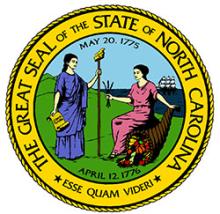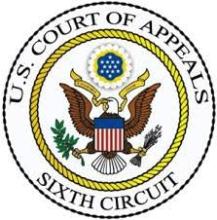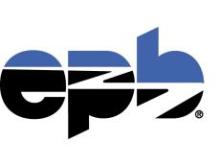PILOTing Positive in Tennessee
As the Sixth Circuit Court of Appeals reviews the FCC's February decision to scale back state anti-muni laws in Tennessee, at least two munis in the Volunteer State are giving back by saving dollars. Networks are also contributing substantially to public coffers via Payment in Lieu of Taxes.
Clarksville, Tennessee, Network Becomes Revenue Positive in 2015
As of June 2015, the city’s utility provider CDE Lightband paid off all outstanding expenses related to their fiber optic network. General manager Brian Taylor described how the network has improved the city’s utility services and overall economic picture:
Our fiber project has proven to be an investment that benefits the electric system, the customers and the community. It has allowed us to enhance our distribution system and improve our system reliability; provide customer choice in video, Internet and telephone services and offer another tool in economic development. Every year access to high speed Internet becomes more critical in the recruitment of new business. We are proud to be an integral part of the growth and development of our community.
In a recent press release, CDE Lightband said their 1,200 mile fiber optic network saves the City of Clarksville a total of $4.5 million annually through technological upgrades that have improved the overall safety, reliability, and speed of electrical maintenance and service. The city has also seen 27% growth in broadband service customers over the past year. The network’s cost savings, along with direct revenues from electrical and broadband services, spell major dividends for CDE Lightband coupled with continued optimism for future growth.









